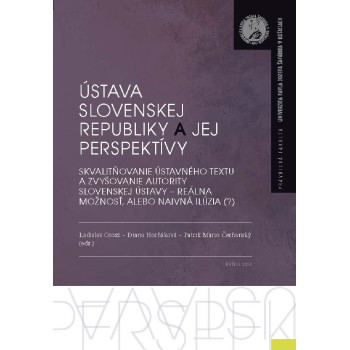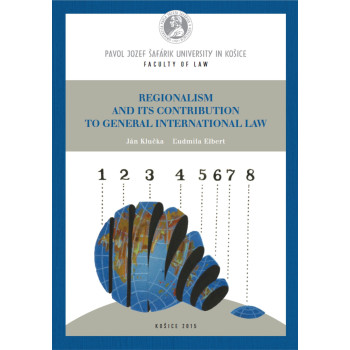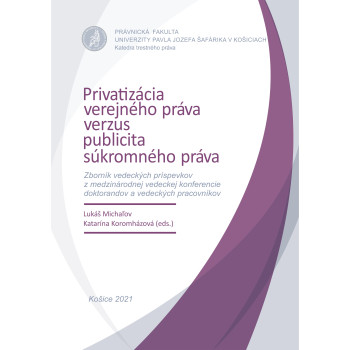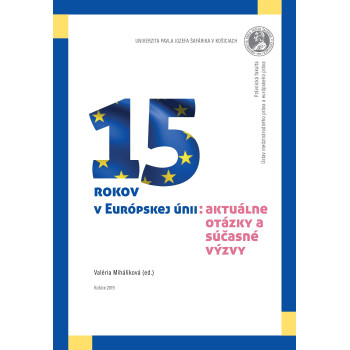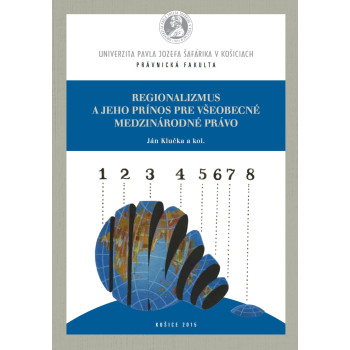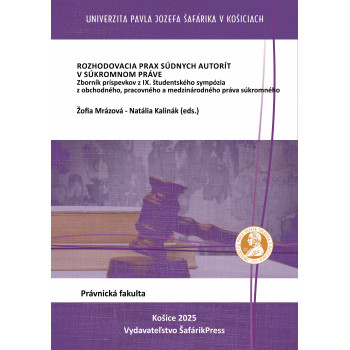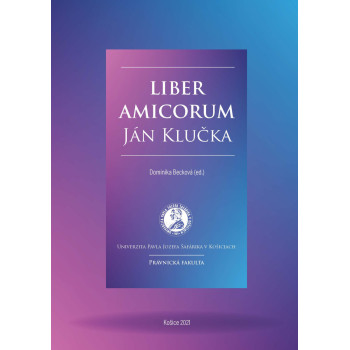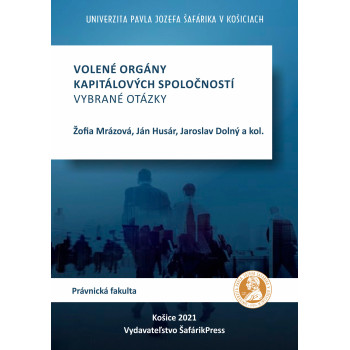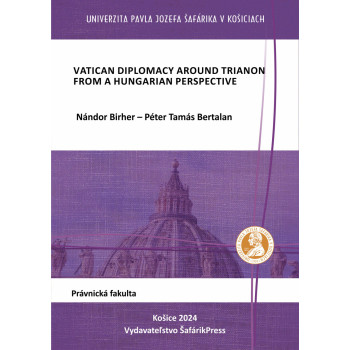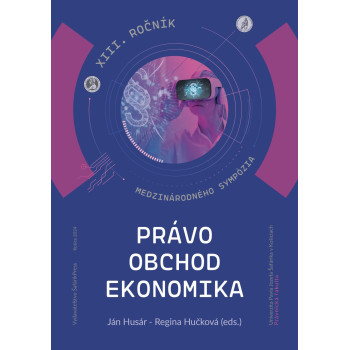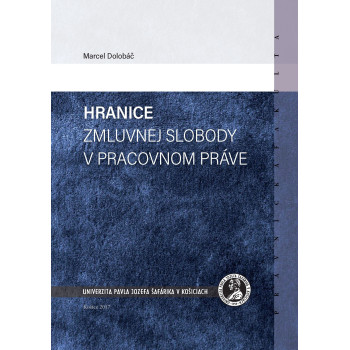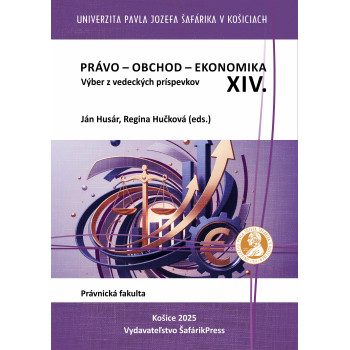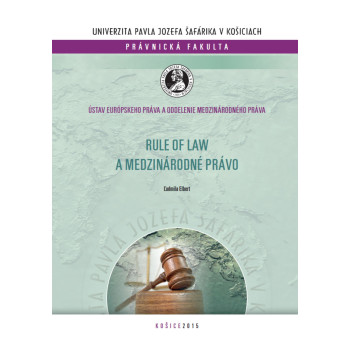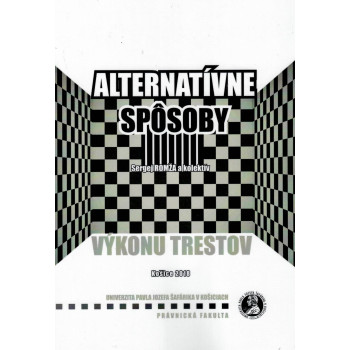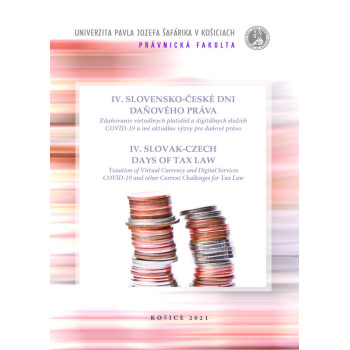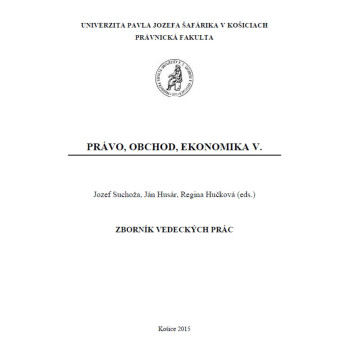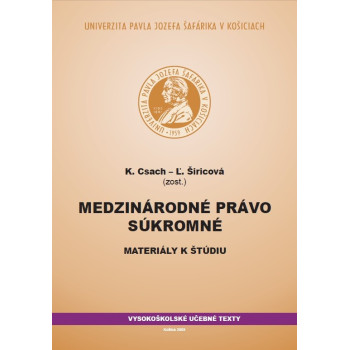
Ústava Slovenskej republiky a jej perspektívy
E-book
Ladislav Orosz - Diana Horňáková - Patrik Mário Čerňanský
This scientific proceedings volume serves as the final joint publication output of essentially the entire research team of the aforementioned scientific project. It consists of contributions presented at the scientific seminar The Constitution of the Slovak Republic and Its Perspectives. Improving the Constitutional Text and Increasing the Authority of the Slovak Constitution – A Real Possibility or a Naive Illusion? held from November 23 to 25, 2022, at the training and educational facility of UPJŠ in Košice, Danišovce. The final form of the contributions emerged from the constructive scientific discourse that accompanied the entire course of this seminar.
The content of this scientific proceedings volume, which we offer not only to the broad (especially legal-political) professional public but also primarily to Slovak constitution makers, includes, alongside contributions from members of the research team and invited guests, the literary debut works of doctoral students from the organizing Department of Constitutional and Administrative Law of the Faculty of Law of UPJŠ and the Department of Public Law Disciplines of the Faculty of Public Administration of UPJŠ in Košice. These works thematically correspond to the tasks addressed within the aforementioned scientific project “Constitutional Activity of the National Council of the Slovak Republic (Legal-Political Analysis – Evaluation – Perspectives).”
Download e-book for free (pdf)



